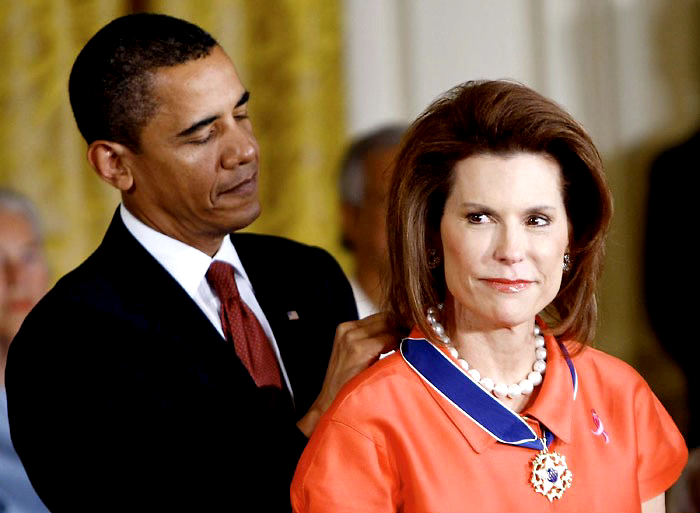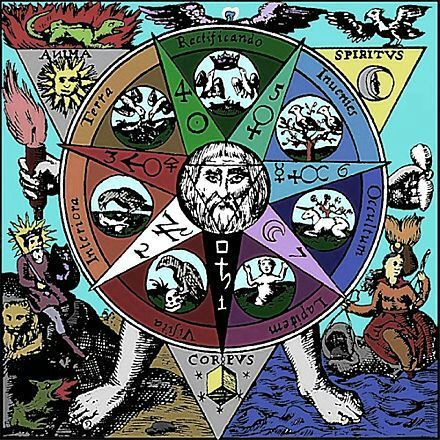Federer: Even The Greats Need Help With Mental Health
Roger Federer, one of the greatest tennis players of all time, if not the greatest, retired from the game September 25th, 2022 after playing a final doubles match at the Laver Cup. He was 41. As we look back on this legend’s career, it is important to realize how much he has shaped the game of tennis today and how he has made an impact on future tennis players, including myself. To understand this, we must learn about how he came to be, and how he transitioned from hothead to “Mister Cool.” What is not talked about in the tennis community is how he did not do it alone. As even more great tennis players such as Naomi Osaka and Marty Fish speak out about their struggles with the mental aspects of tennis, an emotionally exhausting sport, we must look at other tennis players that struggle that we may have overlooked. In this way, Federer’s legacy becomes even longer.
In the tennis world today, Federer is known as a calm, cool, collected, and clever player who destroys his enemies with silence and ease, along with his signature slice. But he was not always this calm. In his teenage years and his early career, Federer was known for being a hothead on the court, repeatedly throwing racquets and bursting out in explosions of temper. One time, he was even thrown out of a tournament because he threw his racquet in anger, damaging a new curtain. His parents would refuse to watch him because of his behavior, his father even one time sticking his head into snow on their way back from a match. In these early years, Federer played wild and uncontrolled. Curses would fly across the stadium, mostly aimed towards himself. Unlike other players where the anger pushed and ignited them forward, young Federer’s anger almost extinguished his fire because his anger was not aimed at another, but at himself. As Federer got older, he soon realized that in order for his career to succeed and his parents to continue to watch him, he would have to improve his temperament.
After this realization, Federer decided to visit a sports psychologist by the name of Christian Marcolli. Sports psychologists use a variety of techniques to advance the mental well being of athletes. It helped Federer in particular in coping with aggression. He visited the sports psychologist from the ages 17 to 19. Federer kept this under wraps until a press conference many years later. Why? Because the topic of mental health, or rather needing a psychologist to help you, was, and still is, taboo in the tennis community.
Tennis is a hard sport: you are by yourself out on the court, and are constantly worrying about rankings. It is also a very mental sport, and any amount of mental strain can cause a player to play worse. Recently, the ATP and WTA tours have opened up the question of mental health, providing trained clinicians for players. But mental health is still greatly stigmatized, with the general public still thinking that it is very rare to struggle. In fact the opposite is true, as we can see that even great players like Federer have visited a sports psychologist before.
The fact is, mental health struggles are everywhere, and every single player deals with them, whether they are big and small. Even at the high school level I have encountered those who have entered a “mental block” in their game; they are not losing because of skill, they are losing because their minds make them nervous or shut down, making it hard to play. I have experienced it myself, particularly at my final game at the IHSA State Tournament last year. It was cold and tensions were high. As I entered a tiebreaker to decide my doubles match, I felt my legs freeze up, my stomach start to hurt, and my arms become heavy. My feet felt like they were rooted to the ground. When I went to move to a ball, I fell, scraping my knee. We ended up losing the tiebreaker because it became very physically hard for me to hit the right shots. I felt disappointed in myself because I had trained all season very hard to get to this point, only to tense up when I needed it the most. Then I realized, it was not because I had not trained hard enough, it was because I did not train my mind hard enough. If I had the coping mechanisms I have now, I would have probably performed better in the moment. And I am not the only one that tenses up on court. Many professional tennis players have spoken out about their struggles on court. Naomi Osaka, one of the top players in women’s tennis, even withdrew from a tournament because of deep waves of anxiety.
Many have criticized the actions of Osaka, claiming that she is perhaps gaining an unfair advantage over other athletes by choosing not to attend press conferences and dropping out of tournaments because of mental health. But I believe that Osaka is setting an excellent example for future tennis players to open up about their struggles and get help. If tennis players were more open about their struggles, perhaps they would usher in a new era of tennis playing where the mental aspect is more focused on and praised. This can open up improvements for other sports as well, where mental wellness has been overlooked. Destigmatizing the mental health of athletes can benefit everyone. So support Naomi Osaka, support Marty Fish, and support athletes speaking out about their mental health, because your actions can improve the lives of future tennis players for years to come.

Theresa enjoys writing, playing tennis, and reading books in her spare time. She especially enjoys learning about international diplomacy and world politics....





































